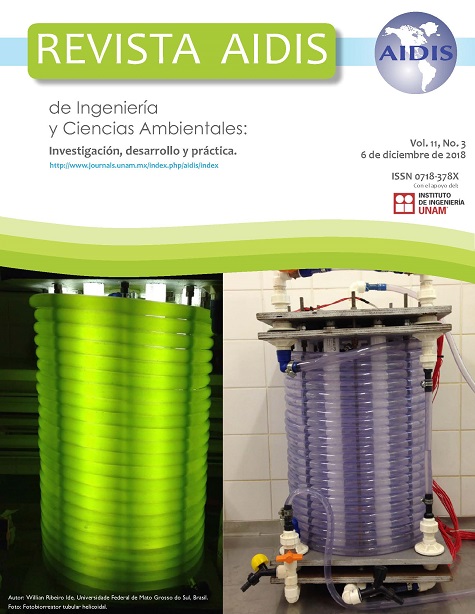WASTE MANAGEMENT ALTERNATIVES IN URBAN AND RURAL QUILOMBOLA COMMUNITIES
Contenido principal del artículo
Resumen
Quilombolas are descendants from black slaves who founded isolated communities, the Quilombos. Many of these communities have considerable needs, especially because most are located in rural areas, including waste management, which affects their health and requires studies in the area. Based on this, this paper shows the current conditions of waste management in two quilombola communities, urban and rural, through site visits, questionnaires and gravimetric analyses. Therefore, it was possible to notice that the urban community has better conditions than the rural community, and their 66% of organic matter and 17% of plastics and paper are equivalent to the gravimetric composition of the city in which it is inserted. In the rural community, almost 90% of plastics and paper are burned in the ground and 100% of organic matter, from food, is destined to domestic animals and used as fertilizer. For this reason, the rural community presented a higher generation of plastics and glass in the gravimetric analyses. In conclusion, it is suggested for both communities to perform source separation. In addition, composting for the rural community is recommended. This will improve the sustainability of waste management in both locations. It was also concluded that the conditions of these communities depend on the urban context that they are inserted in, as well as their culture.
